A mother’s diet can affect not only her health but also the baby’s. Some potential reactions to watch out for are changes in feeding patterns, fussiness after eating or drinking certain foods, spitting up more often and throwing up occasionally.
Moms need plenty of fuel to maintain their milk supply levels so that they don’t become too low as well as provide enough nutrients for themselves! It is important to note that every child reacts differently- some may experience milder symptoms while others might be less lucky when it comes down to adverse effects on them during breastfeeding periods.
When your baby is breastfeeding, it’s essential to be mindful of what they’re eating and how their body reacts. It also helps to stay in touch with a pediatrician when there are any doubts or concerns about the foods we eat as parents. Here are 10 foods that you should be mindful of when breastfeeding your baby.
1. Caffeine
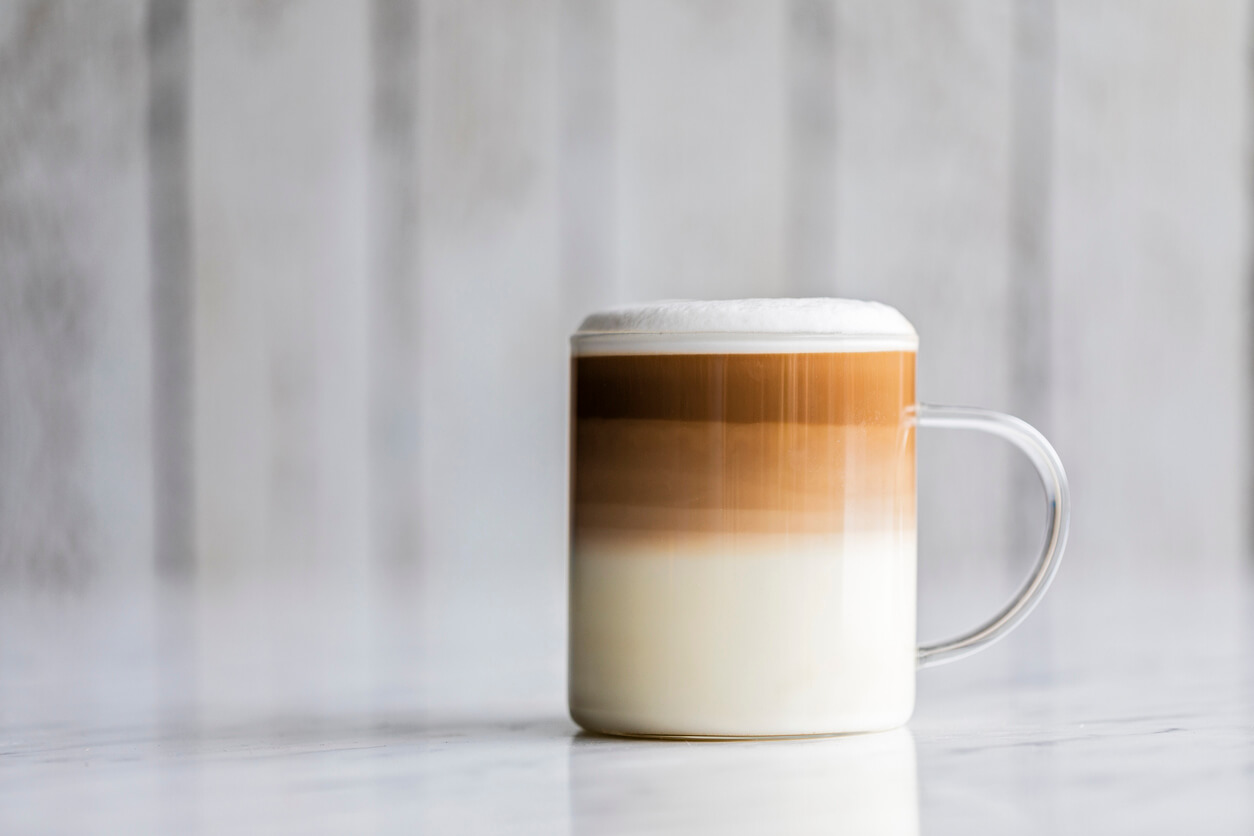
We know you need your coffee now that you’re not getting any sleep, so don’t worry about it. Caffeine is a natural substance and even though some may disagree with its consumption during pregnancy or while breastfeeding, we understand how important this drink can be for the morning hours when no other food is on hand to help keep us going. As long as there are no complications in either case, go ahead and grab yourself something caffeinated.
Just remember if baby needs their nap soon after drinking from mommy’s breasts then wait before having another cup of Joe until they’ve fallen asleep—their body isn’t prepared to process caffeine as quickly as yours would which means lack of rest might continue, plus you’ll get a few more minutes with them.
2. Fish
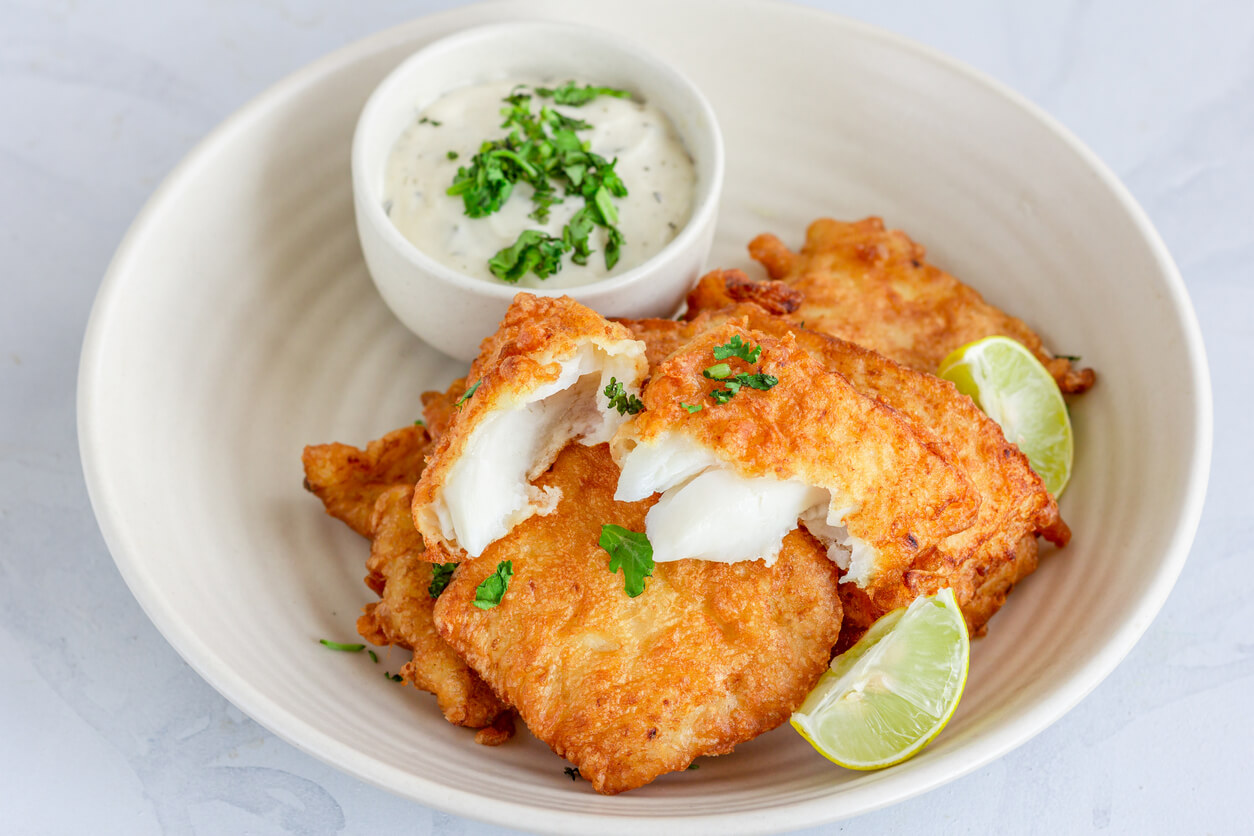
The past few decades have seen a dramatic shift in our diet, while once we were largely reliant on meat, now the animal protein that people eat is primarily from seafood of all kinds. This can be both good and bad; while there’s been an increase in omega-3s due to these sources (and you should always try for higher amounts if possible), many types of these fishes are high mercury levels which may result in problems when consumed at a high regular rate by pregnant and nursing moms.
3. Chocolate
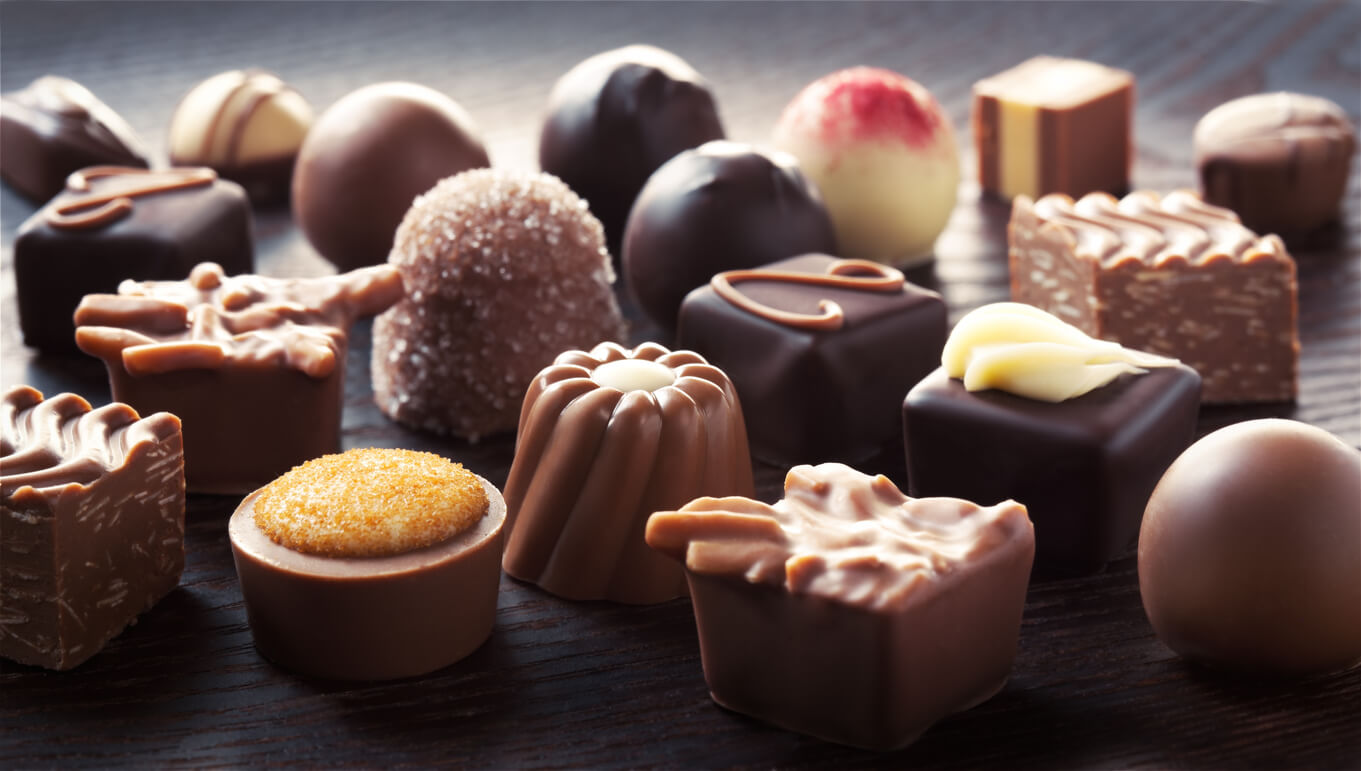
Chocolate is a guilty pleasure for many people and can be difficult to give up, but nursing mothers should take caution. Caffeine is found in chocolate, which could linger in your breast milk or have an uncomfortable laxative effect on baby. Watch out for any signs that the chocolate may not agree with them; like fussiness or diarrhea after eating it. Don’t forget – if you’re pregnant then even more precautions are needed because of potential harm to an unborn child by increased levels of caffeine found in cocoa beans.
4. Parsley or Peppermint
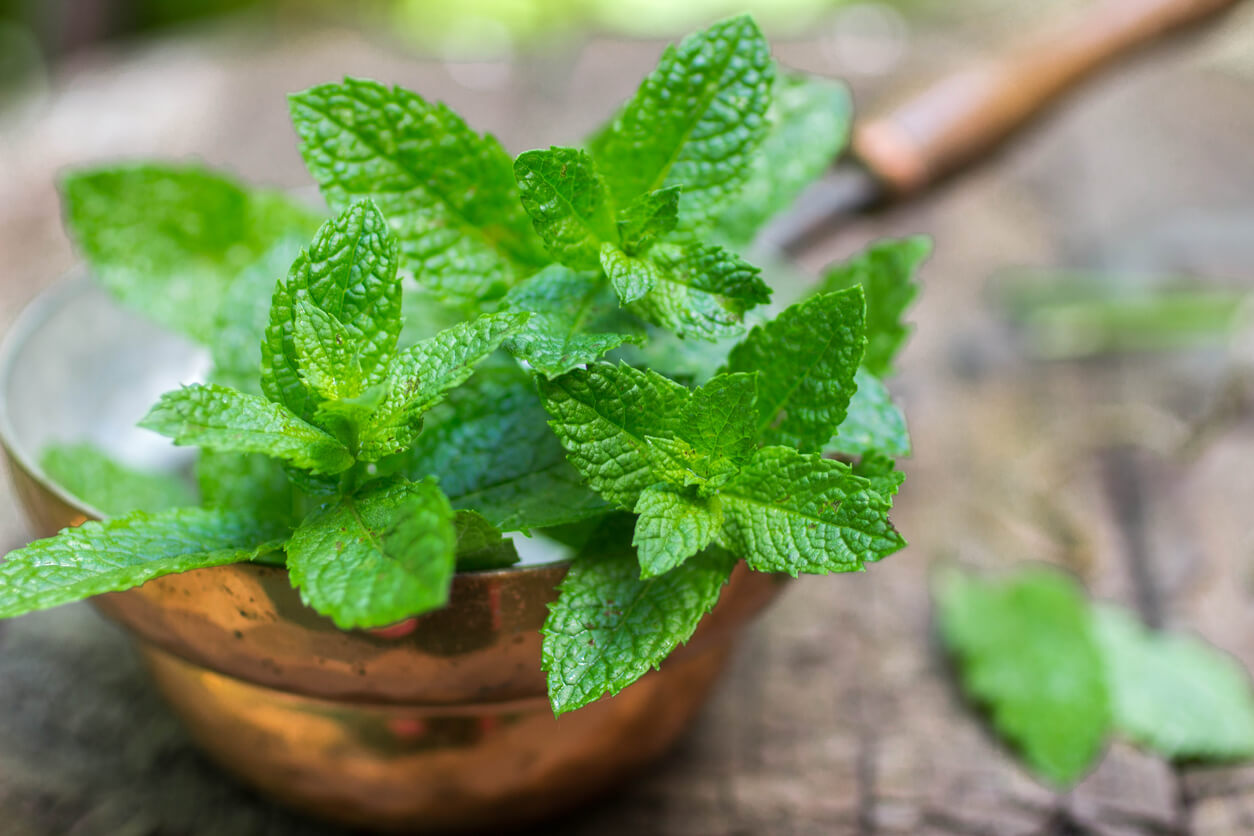
Parsley is a nice garnish for any dish, but beware that it can dry up your milk supply. If you are already struggling with low production be careful not to overindulge in the herb which may make things worse. Peppermint has many benefits like soothing an upset stomach or relieving menstrual cramps; use caution though because peppermint could make those symptoms worse if consumed too much and should only be used sparingly.
5. Dairy
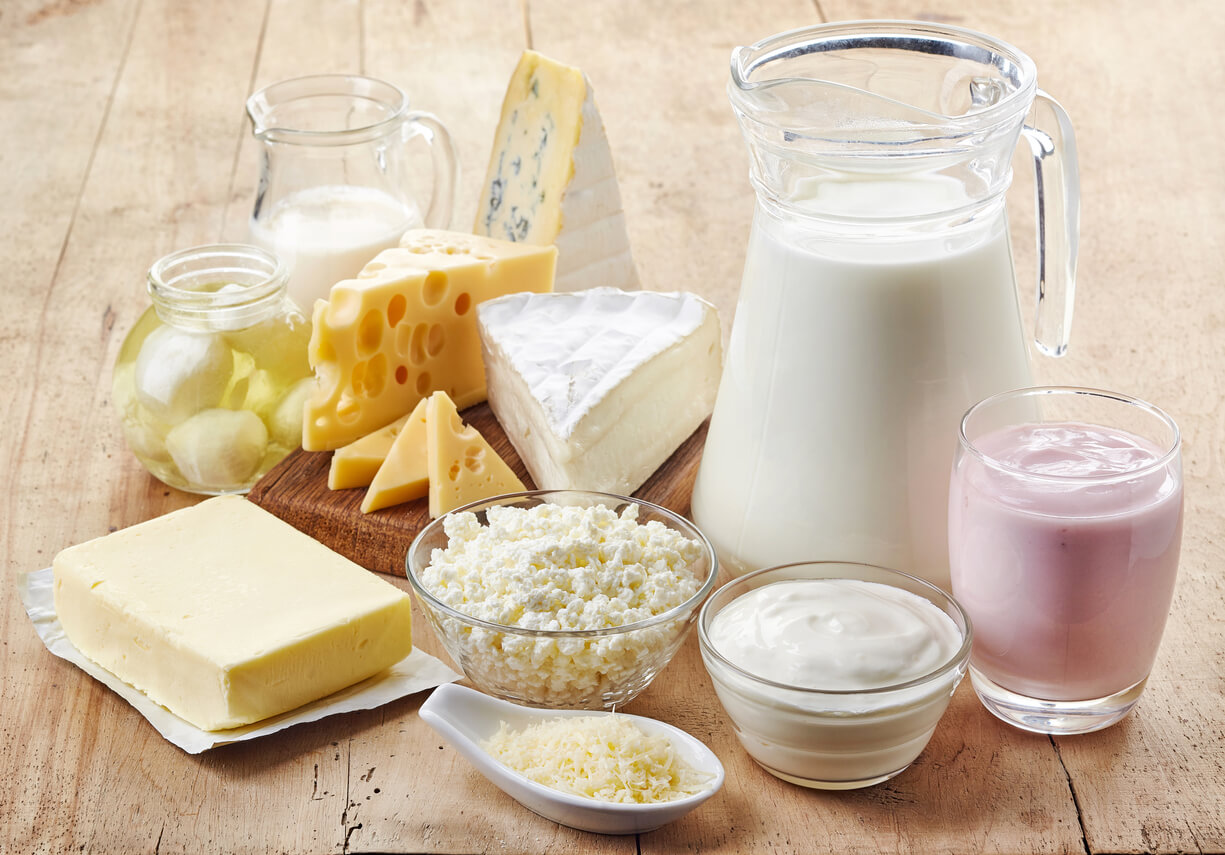
You’ve probably heard by now that dairy is one of the most common problem foods for breastfed babies. If your baby is especially fussy after nursing, has eczema or other skin issues, or has sleep issues – it’s a good idea to give them an elimination diet! The best way to tell if they have a dairy allergy would be through eliminating all types of milk and cheese from their diets while watching closely for any improvements in symptoms over time.
If you see improvement within 3 weeks without any negative side effects like vomiting during this “dairy-free” period, then we can confidently say there may be some issue with cow’s milk being digested properly by our little ones’ bodies.
6. Alcohol

The next time you need something to drink, don’t forget that alcohol is not just for adults. Alcohol can be found in breast milk as well! It takes 1-2 hours before the effects of alcohol wear off from both your bloodstream and breastmilk after having one or two drinks. So if you have any more than this amount while breastfeeding, it would probably best to wait until afterward when nursing has stopped completely so there will be no worries about how much gets into their system during this vulnerable state.
Although many moms are told to “pump and dump” after drinking, you do not need to if you feel alright. If it’s important for your baby that they get the breast milk from then go ahead!
7. Citrus
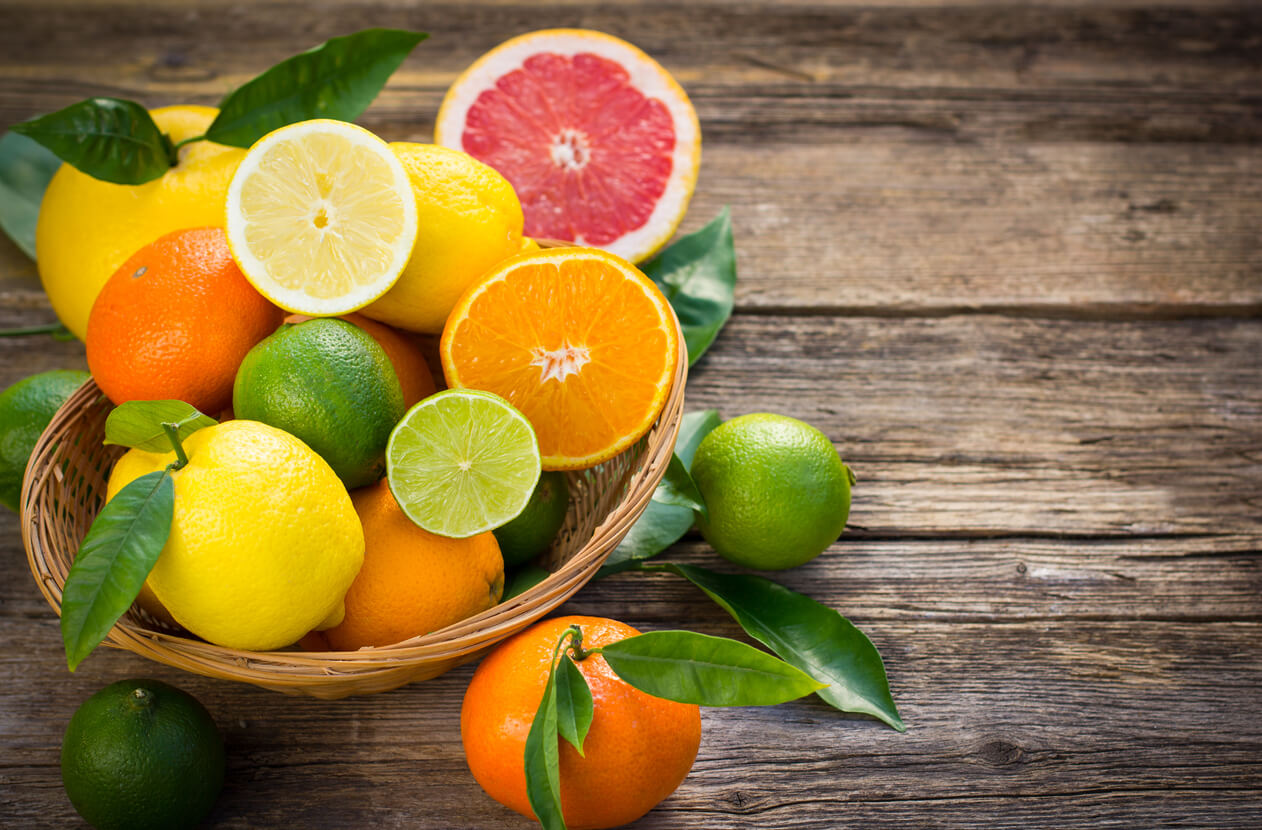
Citrus fruits are not always the best choice for baby, as their stomach is still maturing and some citrus compounds can be irritating – you should avoid citrus if your little one spits up or gets diaper rash. If you need a vitamin C fix, try pineapple in place of grapefruit juice with breakfast cereal to keep things calm.
8. Peanuts
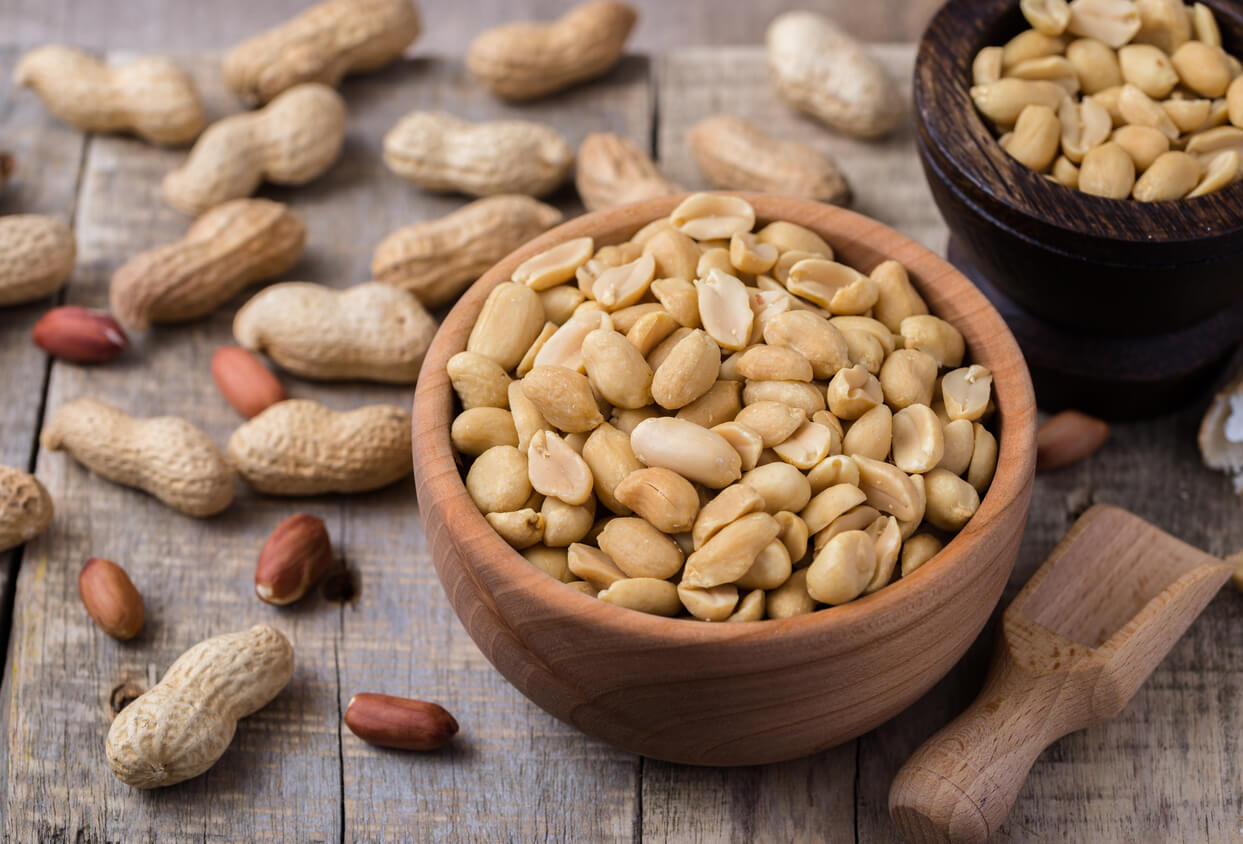
If you have a peanut allergy in your family, stay away from peanuts after weaning since they can be passed on through breast milk. That’s why it is important to watch for symptoms such as wheezing or hives if baby has an allergic reaction and take action immediately.
9. Garlic
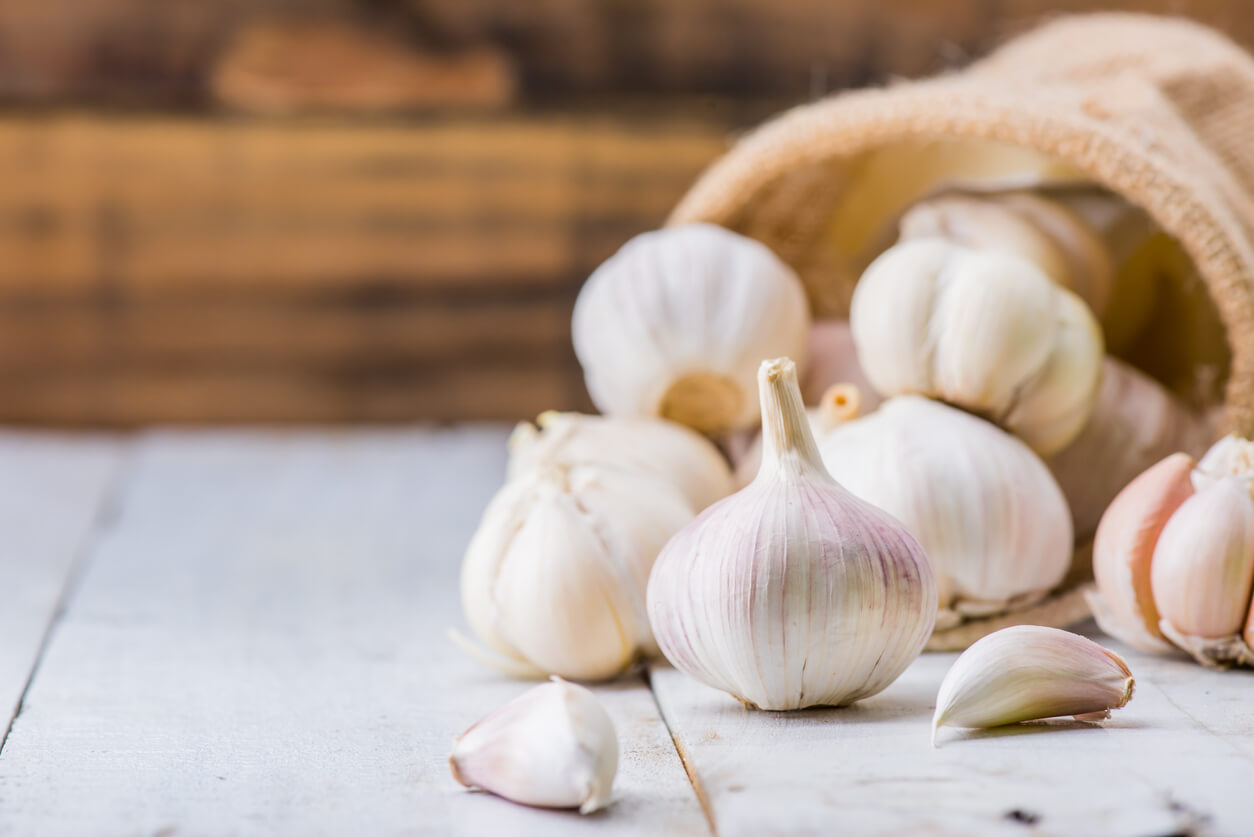
Your baby may not enjoy nursing if they smell garlic in your milk. Garlic has been found to help breast milk production but its pungent odors can also permeate foods, including milk and any products made from raw ingredients or containing dairy. If there is a strong waft of the stinky stuff in their nostrils while you are feeding them, then it’s understandable that they might be less interested in breastfeeding.
10. Wheat
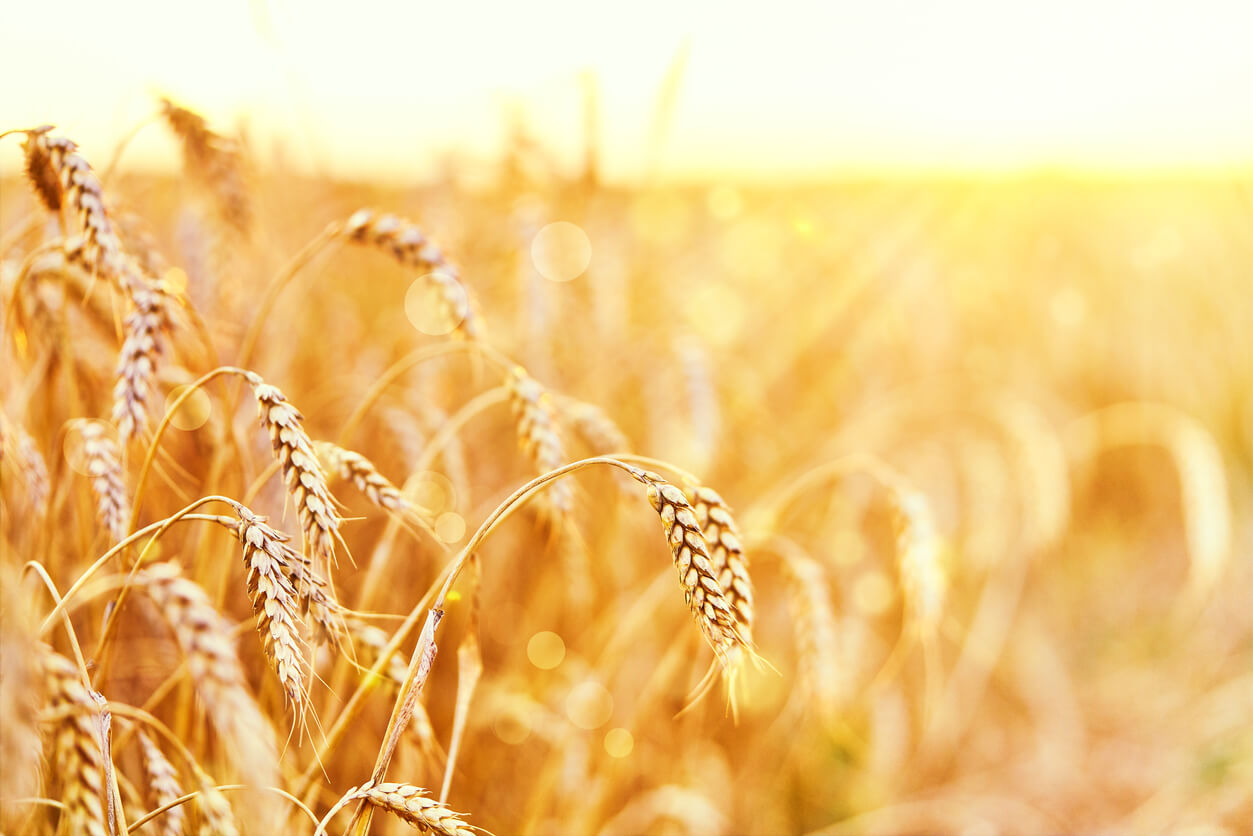
Some mothers have been told by their doctor about gluten intolerance as an explanation for why they are having difficulty breast feeding after birth due to bloody stool issues of some kind. They also may notice increased fussiness and pain when eating too many breads – especially those made with whole meal flour such as rye – which can point out potential allergy triggers like wheat products. It might seem hard at first, but if you’re suffering from these symptoms it’s important to follow the advice given to help your baby get a better chance of being able to heal alongside you.
